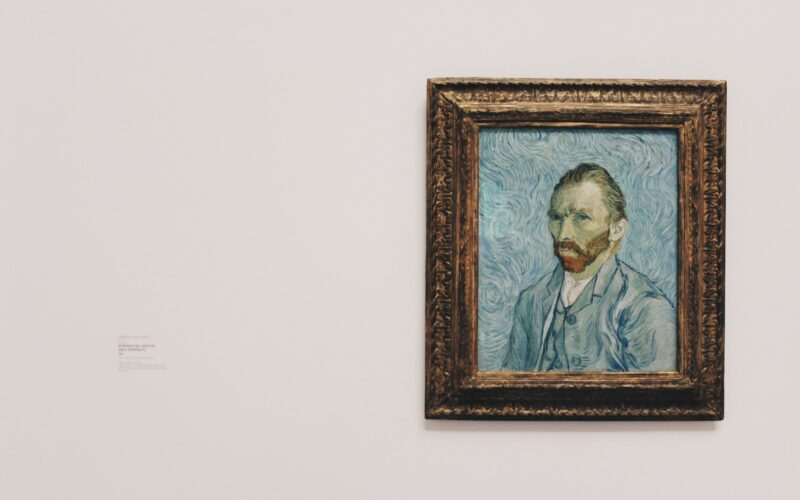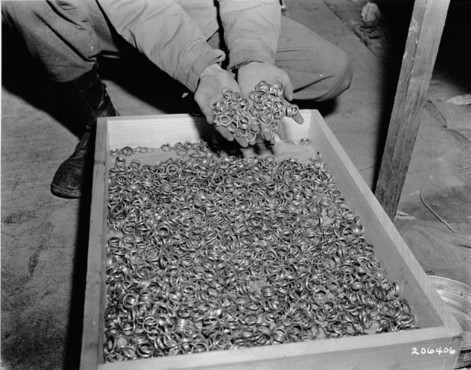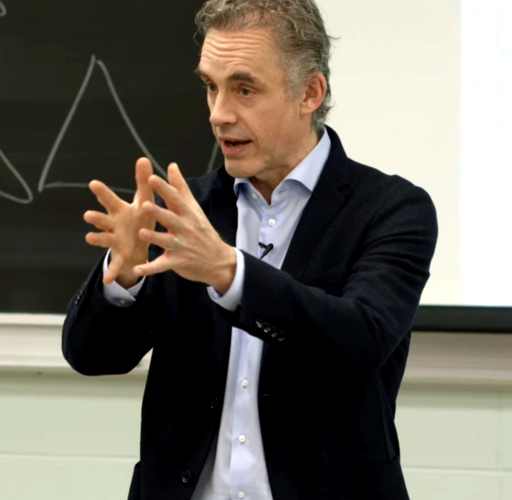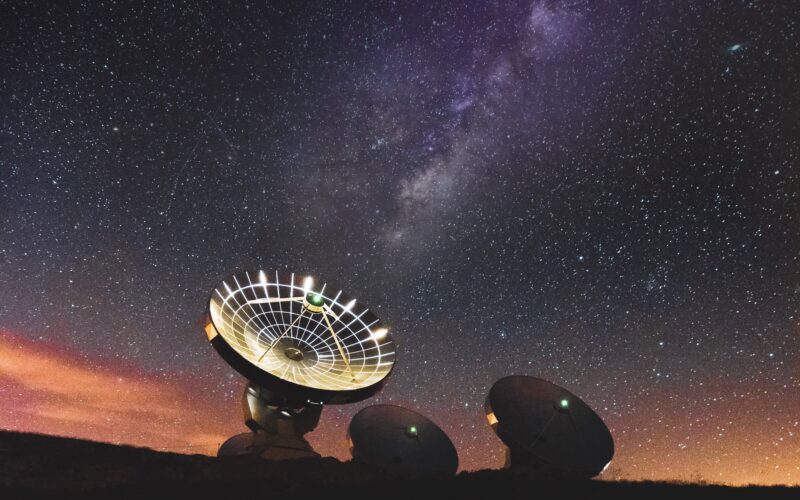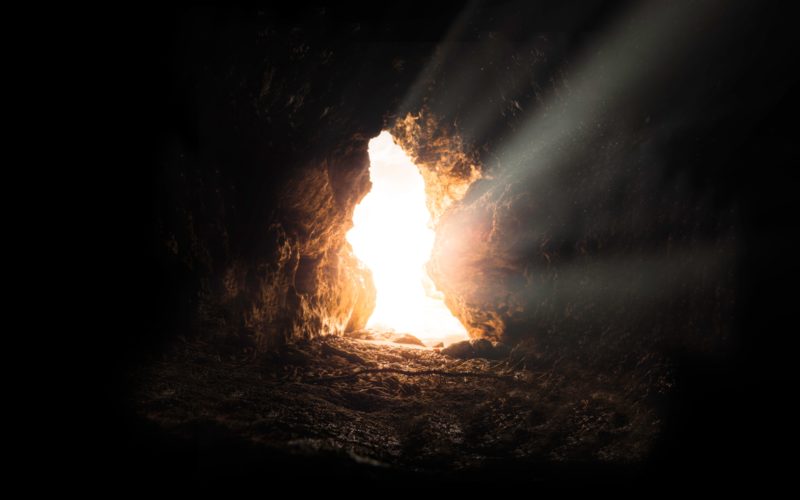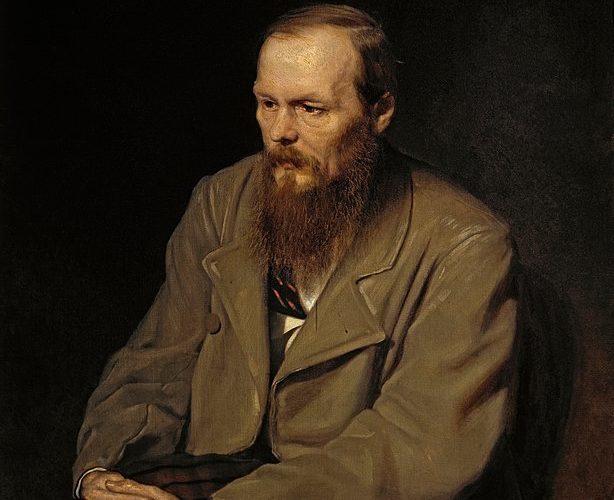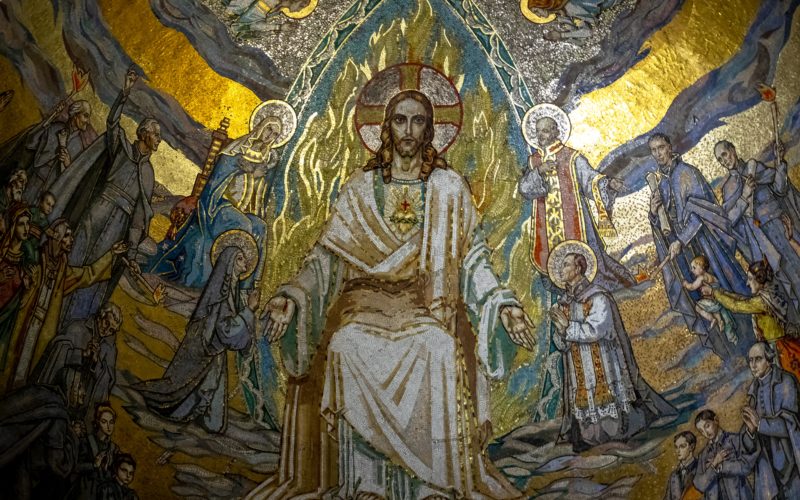Why Christianity is Not Taken Seriously
Christianity––or any religion for that matter––is considered nothing more than a preference and a hobby in our secular age. Religious talk seems meaningless and embarrassing. We must accurately face the postmodern critique of Christianity, and offer an account of the world that satisfies the postmodern subjectivist as well as the rationalist.


